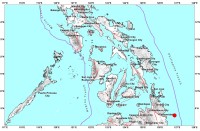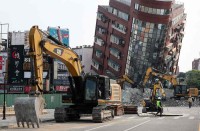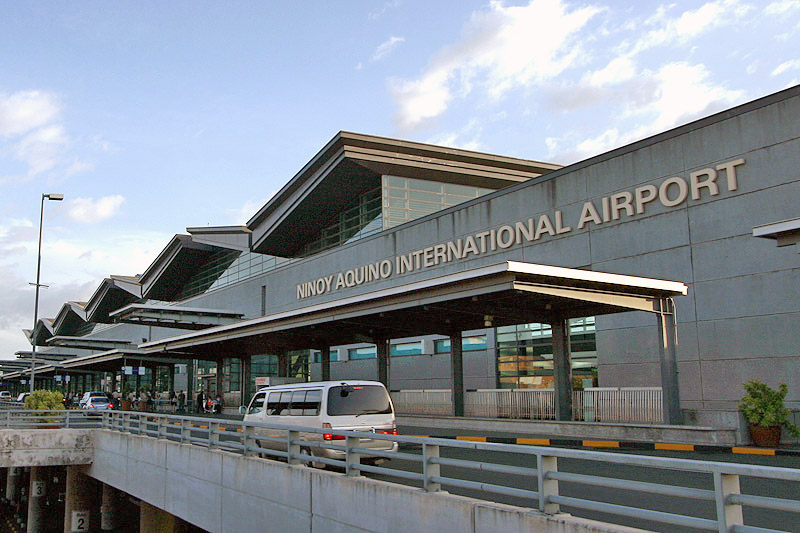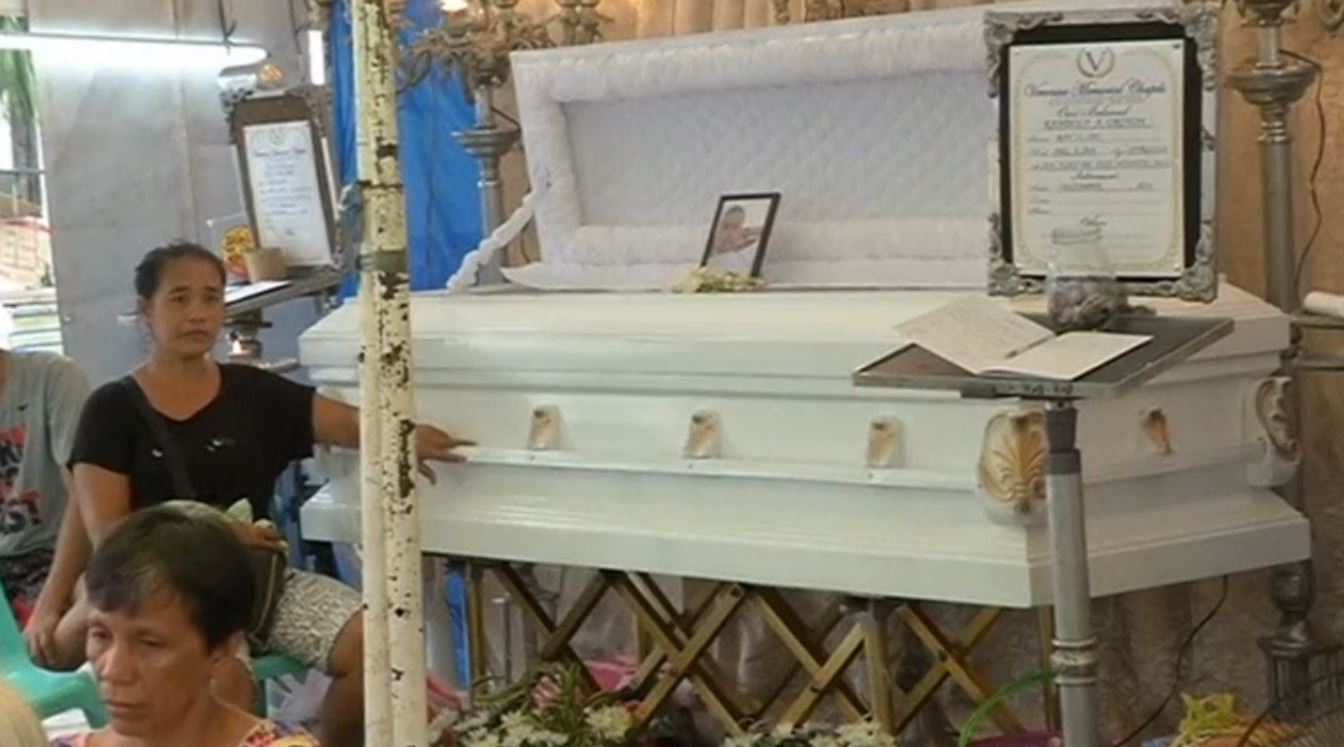
(Reuters) — Grace Fonollera sat beside the coffin of her 18-year-old son, Ace Bacorro, at a funeral set up across their shanty home in Manila.
Her son, along with his friend Rondolph Droyon, were killed on December 6 when unidentified gunmen shot them while they were out drinking.
Closed circuit television footage by the local village showed men riding on two motorcycles firing at the group in the early morning.
Fonollera said her son voluntarily surrendered to the police a few months ago during a campaign to register drug offenders.
She said he was caught in the crossfire and that gunmen were trying to shoot Droyon, found with multiple gunshot wounds during the autopsy.
The victims’ families held a funeral at the site of the incident for the lack of room inside their cramped homes and the lack of money to hold a proper service at a funeral parlour.
Fonollera was angry at the people for labelling her son as a drug pusher due to the circumstance of his death but said she had no means of seeking justice for her son.
“We are poor, they will not listen to us. It is pitiful if the poor are killed because no matter how hard we try to explain, they will not listen to us. They judge us because we are poor and the case will instantly be closed or dismissed,” Fonollera said.
Her only course of action, she said, was to lay low in fear that her other three children will be caught in another killing.
Naida Droyon, the mother of Rondolph, admitted her son used to take marijuana, but insisted he was a changed person.
Whether or not her son was using drugs was not an issue because he should have been given a chance to reform, she said
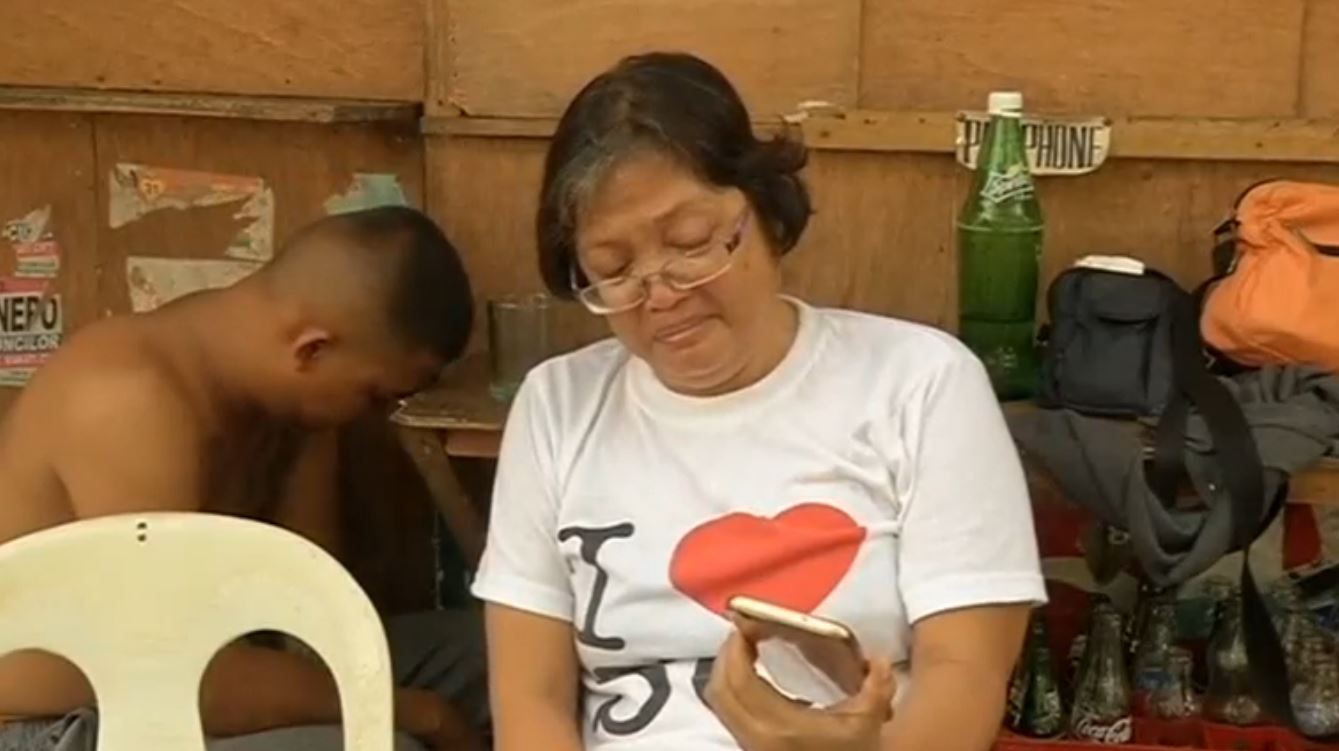
“I know using drugs is wrong and will not do any good to children, but they should give them time to change, give them jobs and let them study. I pity my son, he was just 19 and had not even started a family yet,” Droyon said tearfully.
Village officials said they have not identified the gunmen, but that an investigation was being carried out by the police.
Duterte’s war on drugs has killed 2,004 suspects in legitimate anti-narcotics operations since he took office on June 30, police data showed, and an additional 3,060 killings are being investigated. Human rights groups believe those in the latter group were likely killed by vigilantes.
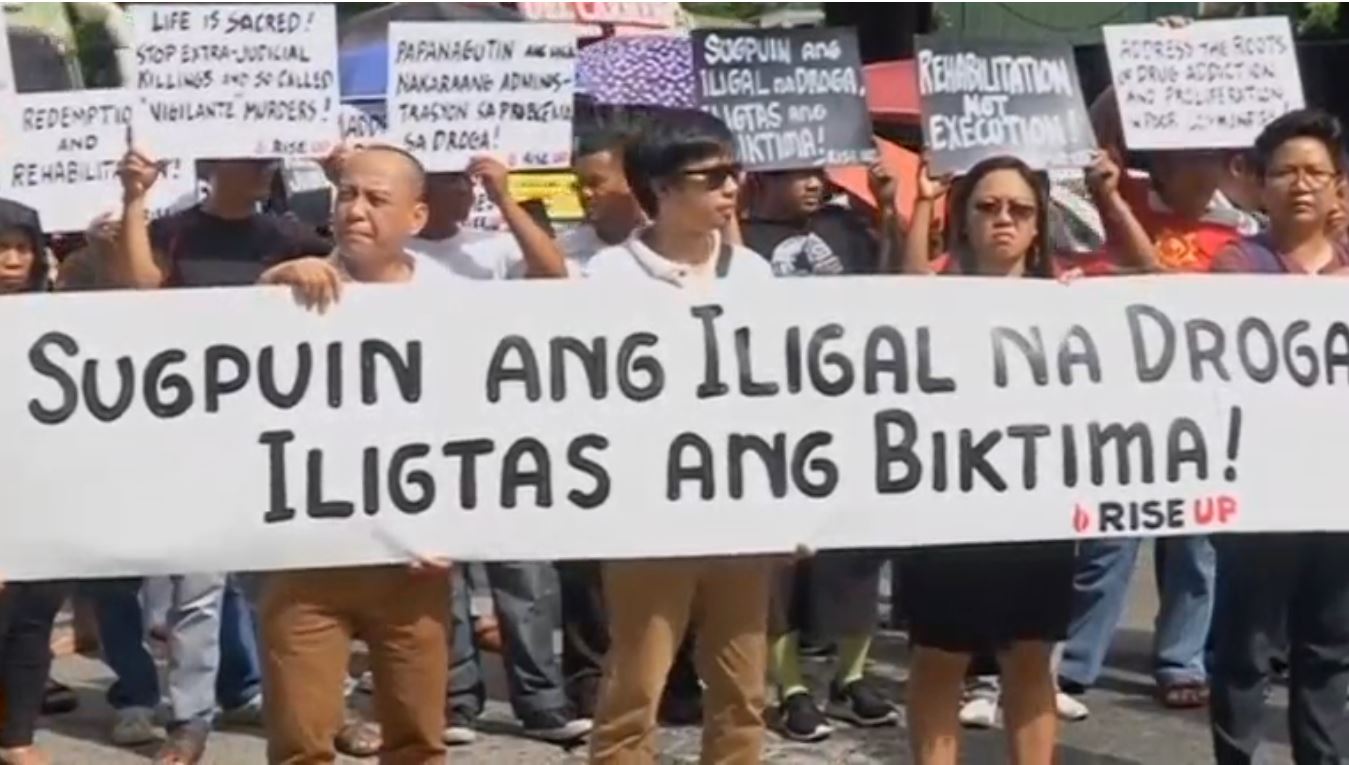
Rights activists have called on Duterte to address these killings, but were met with threats and curses.
Wilnor Papa, campaign coordinator for Amnesty International Philippines, said killings in the Philippines were happening on a daily basis and that the government should be proactive in investigating the causes of the deaths.
“The government has said in the past few months that they don’t condone extrajudicial executions, that there is no policy of extrajudicial executions in this country. What we want the government to do actually is be serious about these extrajudicial executions, investigate it properly, make sure all the angles are seen, make sure that justice is really served,” he said.
Duterte enjoys a high popularity rating in the Philippines, with the majority of Filipinos approving of his overall anti-drugs campaign and rhetoric. However, many said they wished the drug offenders were caught alive, according to a survey by Social Weather
Stations, an independent polling station.
Human Rights Day is celebrated every December 10 to commemorate the day on which, in 1948, the United Nations General Assembly adopted the Universal Declaration of Human Rights.

